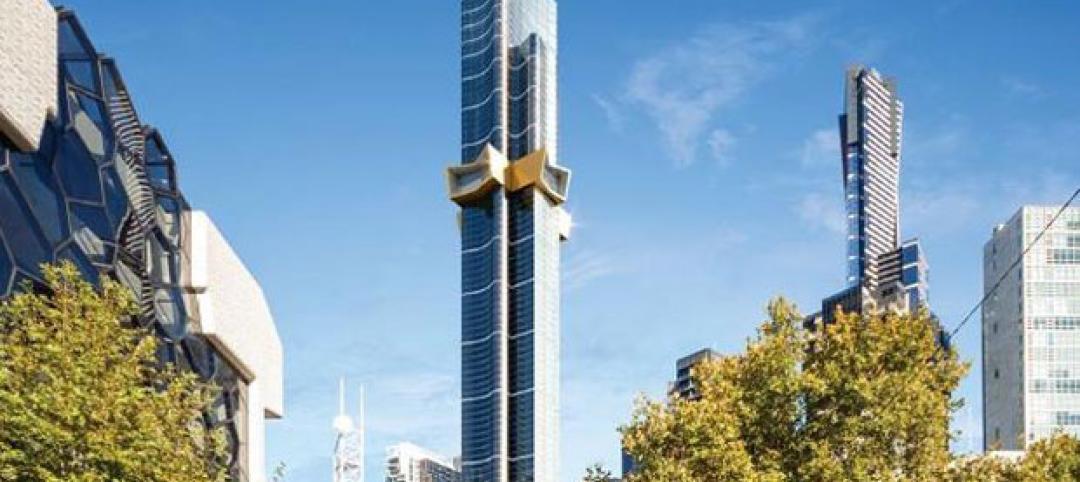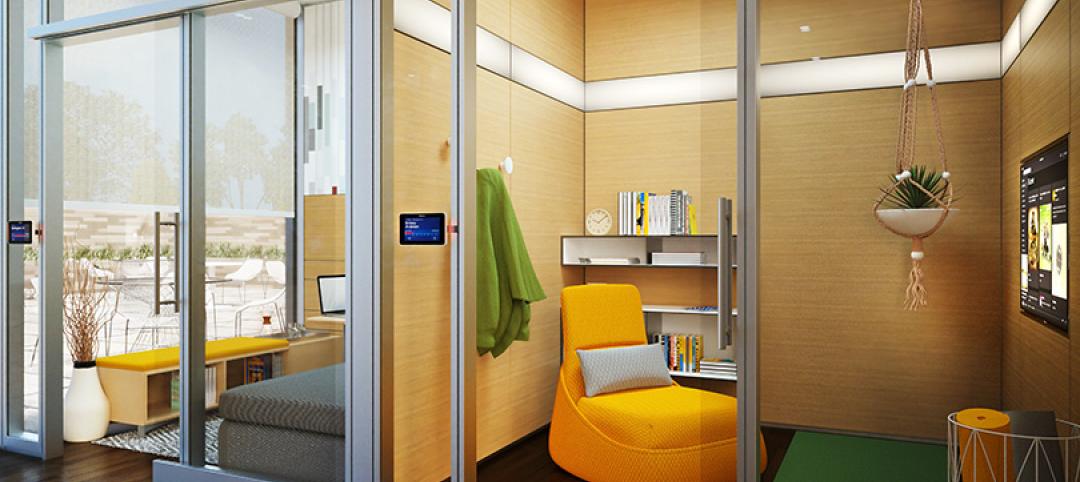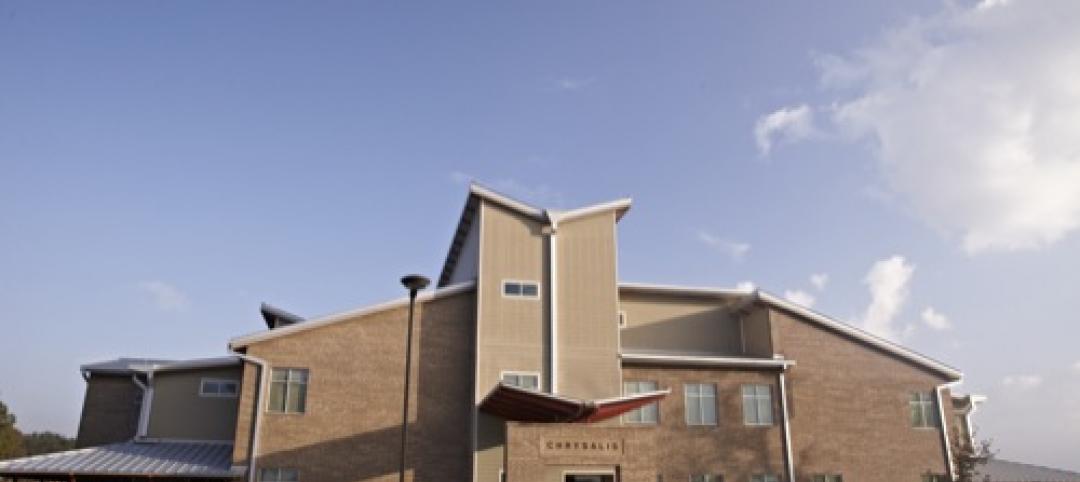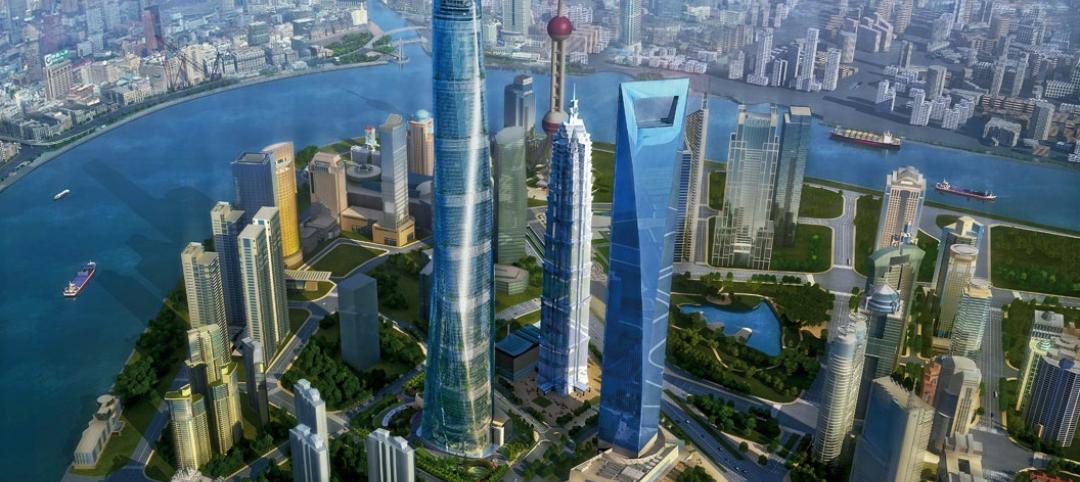Seven years before the COVID-19 pandemic took hold in the U.S. and forever changed how many Americans view their career, work environment, and true value to their employer, the Reddit subreddit r/Antiwork was born, largely as a protest against—and discussion forum about—the mounting pressures everyday workers face in a purely capitalistic society. Bad bosses, low wages, long hours, lack of overtime, dwindling benefits, dead-end positions, ever-demanding customers, meaningless jobs, brutal commutes, to name a few.
Now, nearly two years into the pandemic, the underlying message of r/Antiwork’s forums is ringing truer than ever. The subreddit is one of the fastest-growing and most-active discussion boards on the social media platform, with 1.66 million subscribers, up from a little over 100,000 at the outset of the COVID-19 outbreak.
At its core, r/Antiwork isn’t about abolishing work or people quitting their jobs—although examples of the latter can be seen throughout the feed, with screenshots of dramatic and often humorous text exchanges with supervisors at the moment of resignation. Rather, the subreddit is about empowering the labor force by any means necessary—ask for that raise, negotiate a hybrid work schedule, demand a reasonable workload. If all else fails, be confident enough to walk away for a better opportunity. Don’t settle for the norms that Corporate America has established.
While the architecture profession is not featured prominently in r/Antiwork—lower-paying, hourly jobs like retail, restaurant, and small business positions tend to be the focus—the industry is not immune to the ills that plague American work culture. Architects stand with doctors and lawyers as among the most highly educated and credentialed professionals in the nation. They work long hours, with demanding deadlines and little schedule flexibility—yet with meager pay relative to their peers in the legal and medical professions.
It’s no surprise, then, that signs of the r/Antiwork movement are starting to appear in the architecture field. The most glaring example is at New York City-based SHoP Architects. There, employees of the 135-person firm announced in late December that they are advancing a plan to form a union, citing low pay and long hours. If formalized, the effort would be the first to successfully create a union at a prominent private-sector architecture firm in the U.S., according to the New York Times. At the time of the report, more than half of SHoP’s eligible colleagues had signed cards supporting the union, which would affiliate with the International Association of Machinists and Aerospace Workers.
The Times reported that two other prominent New York firms are following suit. I expect other AE firms to join the movement in the coming months.
Related Stories
| Dec 18, 2014
11 new highs for tall buildings: CTBUH recaps the year's top moments in skyscraper construction
The Council on Tall Buildings and Urban Habitat cherrypicked the top moments from 2014, including a record concrete pour, a cautionary note about high-rise development, and two men's daring feat.
| Dec 18, 2014
International Parking Institute and Green Parking Council collaborate with GBCI
The new collaboration recognizes importance of sustainable parking facility design and management to the built environment.
| Dec 18, 2014
Top 10 sports facilities of 2014: Designboom ranks the year's best projects
The list includes some of the year's epic stadiums, such as World Cup Stadium Arena de Amazonia in Manaus, Brazil, and smaller projects, like the Spordtgebouw Sports Centerin the Netherlands.
| Dec 18, 2014
In response to ultra-open and uber-collaborative office environments
Susan Cain’s bestselling 2012 book, "Quiet: The Power of Introverts in a World That Can’t Stop Talking" has made an impact on how we understand our current workforce, recognizing that at least one-third of the people we work with are introverts, writes SRG Partnership's Susan Gust.
| Dec 17, 2014
USGBC announces 2014 Best of Green Schools honorees
Houston's Monarch School was named the K-12 school of the year, and Western Michigan University was honored as the top higher-ed institution, based on environmental programs and education efforts.
| Dec 17, 2014
ULI report looks at growing appeal of micro unit apartments
New research from the Urban Land Institute suggests that micro units have staying power as a housing type that appeals to urban dwellers in high-cost markets who are willing to trade space for improved affordability and proximity to downtown neighborhoods.
| Dec 17, 2014
11 predictions for high-rise construction in 2015
In its annual forecast, the Council on Tall Buildings and Urban Habitat predicts that 2015 will be the "Year of the Woodscraper," and that New York’s troubled B2 modular high-rise project will get back on track.
| Dec 17, 2014
Demand softens, but outlook for Architecture Billings Index remains positive
The AIA's Architecture Billings Index for November was 50.9, down from a mark of 53.7 in October. Despite the drop, the ABI continued its seven-month run of positive scores (above 50).
Sponsored | | Dec 16, 2014
Quadcopters save project team $15K in warranty work
On a recent trip to see what technology Todd Wynne and the rest of the team at Rogers-O’Brien Construction have been tinkering with, I had a chance to experience firsthand which new hardware innovations will one day be applied in the AEC space.
| Dec 16, 2014
Architect Eli Attia sues Google over tall building technology
Attia and tech company Max Sound Corp. have brought a lawsuit against Google because of Flux, a Google X-developed startup launched in 2014. Flux creates software to design environmentally-friendly buildings in a cost-effective way.














